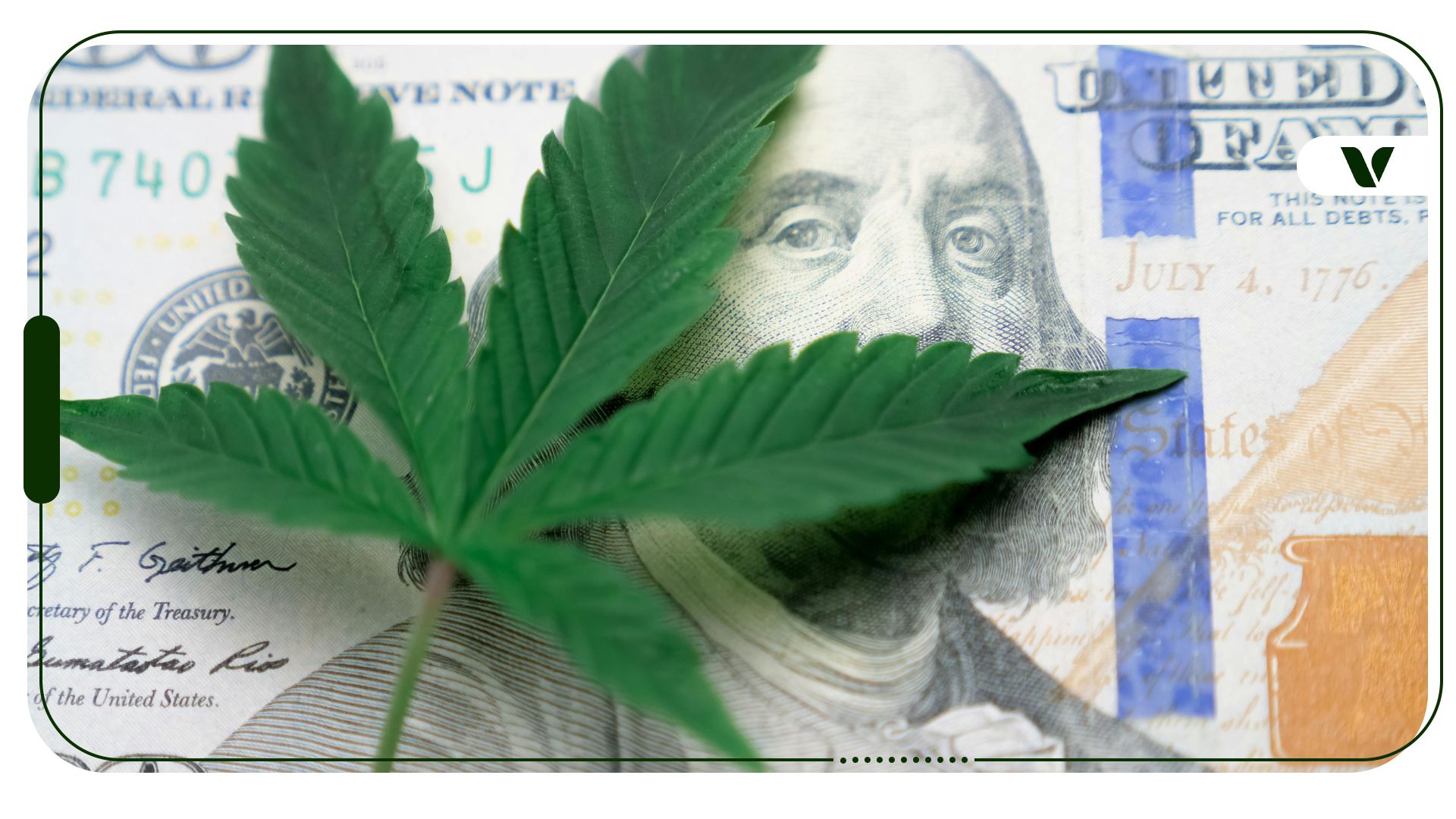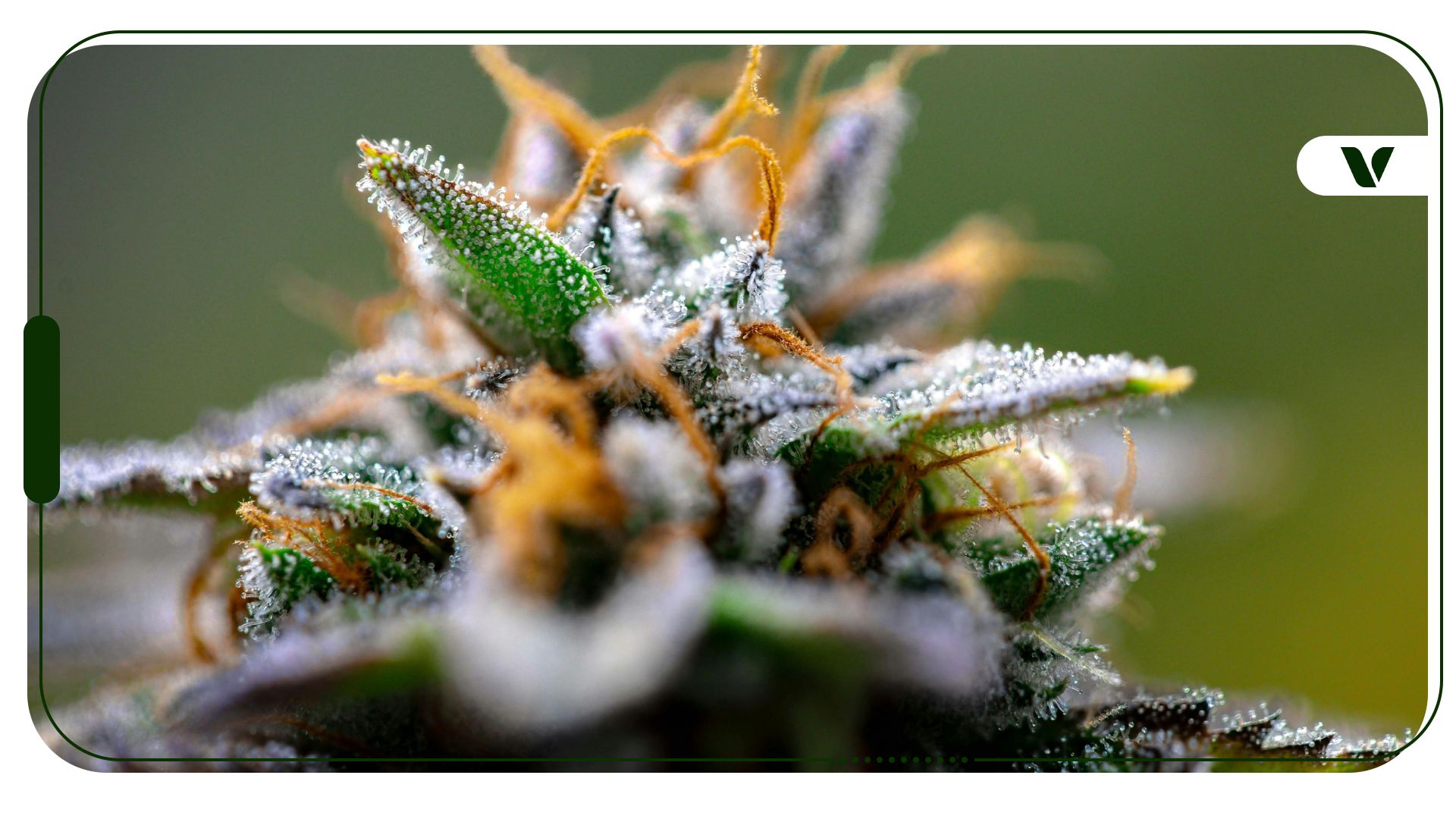If you’ve ever had to take a cannabis blood drug test, chances are you were applying for a job or got pulled over while driving. Blood tests, while not as common as urine tests, have grown in popularity among law enforcement officers seeking ways to assess cannabis intoxication in drivers.
Although driving under the influence of THC is illegal, the violation is much harder to identify than drunk driving—partially because THC does not impair driving the same way alcohol does and partially because police have not yet found a reliable method of proving current THC intoxication. While there are plenty of ways to test for cannabis, none of them are able to tell whether a person consumed cannabis an hour ago, yesterday, or even a month ago. Blood tests can, however, reveal toxins within minutes, making them ideal for situations like traffic stops.
Blood tests essentially calculate how much THC is in the person’s bloodstream, and if the test is being administered during a traffic stop, the driver is not allowed to refuse it. A result of 5 nanograms/milliliter is enough to spark a DUI conviction in some states despite the fact that the AAA Foundation for Traffic Safety says that this legal limit is “arbitrary and unsupported by science.”
A nurse or a paramedic will draw the blood sample, usually from a vein in the arm or hand. For most people, a blood sample will only reveal THC for 1-2 days following consumption, though heavy/frequent consumption could trigger a positive test for up to 7 days.
Check out this post for more information on the various types of cannabis drug tests: Here’s How Long Cannabis Can Be Detected in Your Body
Author, Share & Comments








